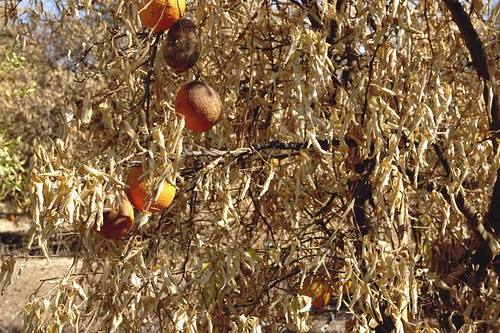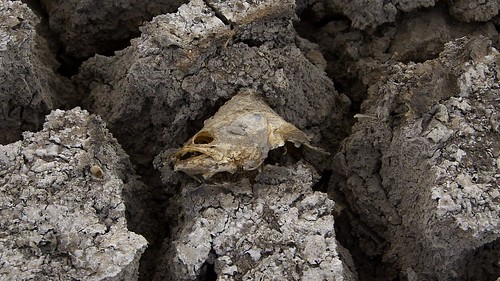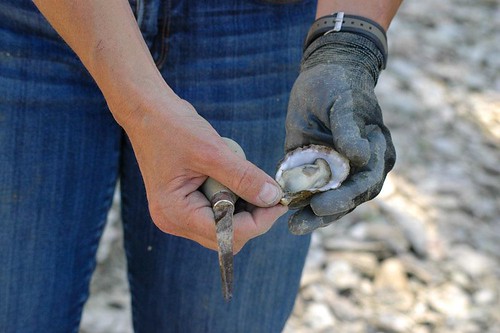By Beatrice Van Horne

Drought damage on the Fresno Harlen Ranch in Fresno, CA.
All this month we will be taking a look at what a changing climate means to Agriculture. The ten regional USDA Climate Hubs were established to synthesize and translate climate science and research into easily understood products and tools that land managers can use to make climate-informed decisions. The Hubs work at the regional level with an extensive network of trusted USDA agency partners, technical service providers, University collaborators, and private sector advisers to ensure they have the information they need to respond to producers that are dealing with the effects of a variable climate. USDA’s Climate Hubs are part of our broad commitment to developing the next generation of climate solutions, so that our agricultural leaders have the modern technologies and tools they need to adapt and succeed in the face of a changing climate.
At a recent meeting in Kennewick, WA, panelists representing agricultural industries in the Pacific Northwest addressed the need for climate change adaptation and mitigation. A wheat farmer representative said that farmers are flexible and can change how and when they plant as changes in weather occur. An irrigation association representative indicated that after several years of long dry seasons and low snowpack, members were interested in re-thinking how water rights are administered. The grape growers were worried about the changing climate and thinking about new strategies—mostly planting more heat-tolerant varieties. The shellfish representative seemed astounded that anyone would question climate change. He indicated that shellfish growers were already sending their “crops” to Hawaii where the water is less acidic, and were planning new strategies for raising shellfish. The lesson here is what affects people directly gets their attention.
Farm producers everywhere are experiencing changes to what has been their norm for generations. The question is ‘how’ do we get ahead of these changes to make sure our food production and distribution systems function in the future?
To help land managers answer these tough questions the Northwest Regional Climate Hub is supporting the development of the AgBiz Logic tool, which offers a suite of economic, financial, and environmental decisions tools for businesses that grow, harvest, package, add value, and sell agricultural products. This suite of tools helps land managers understand the implications of different short, medium, and long term decisions in a variable climate. The Northwest Hub is also working closely with the Regional Approaches to Climate Change (REACCH) Project, funded by the National Institute of Food and Agriculture.

Impact of drought damage on the Fresno Harlen Ranch in Fresno, CA leaves lake cracked, jeaopardzing the health of marine life.
This project supports research to understand how we can adapt to a rapidly changing “new norm.” REACCH scientists have studied irrigation, cover cropping, crop rotations, crop varieties, pest and disease resistance, soil amendments, and tillage techniques in an effort to get ahead of changes that are coming to the weather the farmers see, and must respond to. Much of their information is provided at AgClimate.net. The Northwest Regional Hub has also developed regional factsheets on drought and adaptation opportunities to help farmers, ranchers, and forest landowners as they face more complex threats that affect their bottom line.

An oyster farmer takes a close look at his catch at Henderson Inlet, a small inlet of Puget Sound in Washington State.
In the Pacific Northwest and across the country, the USDA Climate Hubs are working to help land managers effectively manage risks in a shifting climate and ensuring that managers in the field and stakeholders have the information they need.
Source:usda.gov